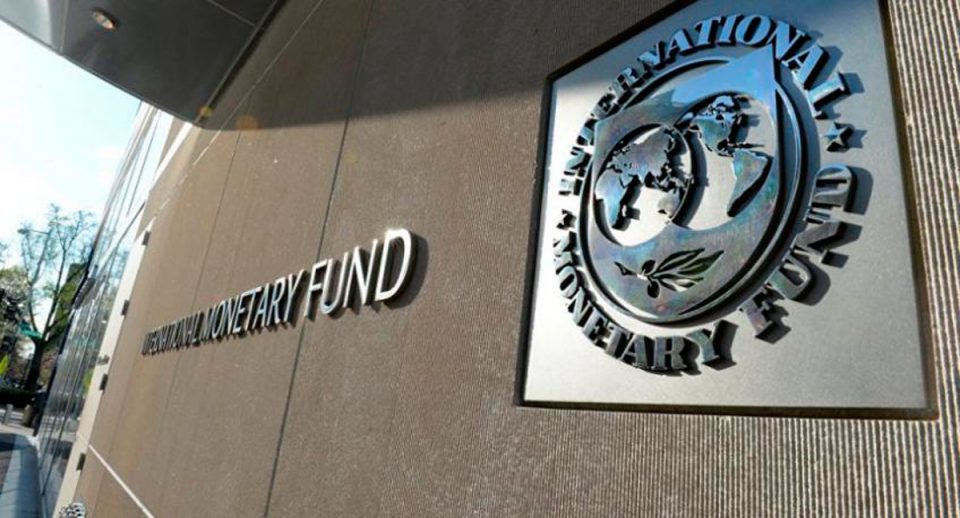The International Monetary Fund has said Nigeria needs to invest $100bn in its road network to improve accessibility to all regions.
The IMF stated this in its report, titled ‘Nigeria: Technical assistance report – additional spending toward Sustainable Development Goals’.
It said, “Nigeria will have to invest a significant share of its Gross Domestic Product to improve road access. While construction costs vary by type (such as number of lanes and type of surface) and region, we estimate an average cost per kilometer of about $550,000.
“Thus, extending the road network by nearly 180,000 kilometres will require an aggregate investment of almost $100bn over 2020–30, which on an annual basis is equivalent to two per cent of GDP, including depreciation.”
The IMF estimated that on top of the two per cent of GDP per year on new road infrastructure, Nigeria would have to invest at least up to 0.5 per cent of GDP per year in refurbishing and modernising its existing road infrastructure.
It observed that the current administration had made significant investment in road infrastructure.
The IMF, however, said large proportion of the country’s 195,000 road network was in unsatisfactory condition due to insufficient maintenance.
It said, “The World Bank estimates that about 16 per cent of the roads are federal, 16 per cent of state, and 68 per cent of rural.
“While no reliable government assessment of the road network quality is available, the condition of many roads seems deficient.”
According to the report, only 26 per cent of Nigeria’s rural population has access to all-weather roads within two kilometres.
It added that Nigeria’s road density was low in comparison to other countries.
It said, “Nigeria’s 22 km per 100 square km is below India (208 km per 100 square km), a country with a similar per capita GDP. Southern states have relatively higher accessibility than the Northern states.
“In 2014, the Rural Access Index of Imo State was significantly higher (50 per cent) than Adamawa State (12.8 percent).”
The IMF said the institutional governance of the road network could be strengthened.
“Crossing competences between government levels (such as federal, state, and local administrations) and functional competences within administrations (such as ministries, department, and agencies) impose coordination challenges,” it added.
The IMF said partnerships with the private sector needed scrutiny to ensure value for money.
It said, “The government is championing solutions with the private sector as a key player in the development of road infrastructure.
“While these partnerships can encourage private funding, without a strong institutional regulatory setup they may exacerbate governance problems. For example, road-for-taxes programmes could be used to bypass budgetary scrutiny.”




